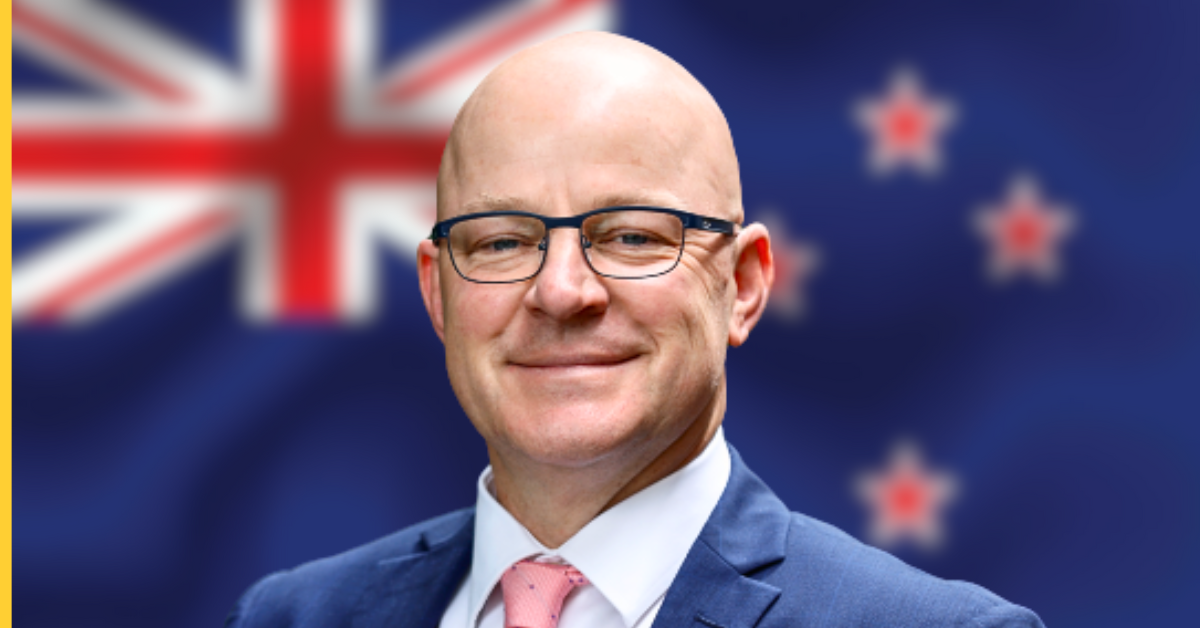
The renewed strategy is designed to address the evolving landscape of gambling in New Zealand, with a particular focus on public health, early intervention, and improved access to support services.
This updated approach was formulated following a two-stage public consultation process. Stakeholders involved in the process included individuals and communities with direct experiences of gambling harm.
According to the minister, these voices were central in shaping the strategy’s focus and priorities, ensuring the initiatives reflect the real-world needs of those most affected by gambling.
Doocey said in the press release: “One in five New Zealanders will be affected by gambling harm in their lifetime — either directly or through someone they know. This can have devastating effects not only on individuals, but also on their families and wider communities.”
The funding will be channeled through the newly established Problem Gambling Levy Regulations.
These regulations mandate financial contributions from major gambling operators, including non-casino gaming machine operators, casinos, TAB NZ, and Lotto NZ.
The levy framework ensures that the gambling industry itself contributes directly to efforts aimed at mitigating the harms its activities may cause.
Work is also underway to extend the levy system to online casino operators as part of a broader regulatory overhaul.
This regulatory reform aligns with the requirements set out in the Gambling Act 2003, which mandates the development of an integrated, public health-focused strategy to address problem gambling.
Under the legislation, the Ministry of Health is responsible for updating the strategy every three years.
The implementation and delivery of the strategy, including treatment and public health services, falls under the jurisdiction of Health New Zealand.
As part of the new strategy, according to Doocey’s announcement, 18 clinical internship positions will be created to strengthen the country’s gambling harm support workforce.
These internships are intended to bridge the gap between academic training and real-world clinical experience.
Interns will work under supervision in clinical settings to develop specialised expertise in treating gambling-related issues.
According to Doocey, the new internship program is a key component in enhancing the availability and quality of care.
The aim is to equip new clinicians with the necessary skills and practical exposure to support individuals affected by gambling harm effectively.
This move is expected to not only bolster service capacity but also attract more professionals into the field.
The NZ$81m investment will target several core areas. These include increasing the availability of treatment and support services, expanding prevention initiatives, and enhancing early intervention efforts.
A central goal is to improve outcomes for individuals, families, and communities impacted by gambling, by ensuring timely and effective responses to emerging issues.
Another focus of the updated strategy is improving coordination and effectiveness across the sector. This data-driven approach is seen as critical to adapting services to meet changing patterns of gambling behaviour.
The announcement also comes as New Zealand prepares for a major shift in its gambling landscape.
The country is expected to launch its regulated iGaming market in 2026. The government is in the process of building a new legal and regulatory framework to manage online gambling activities.
This includes exploring how online casino operators will contribute to the problem gambling levy in the future.
The upcoming regulations are expected to impose obligations on iGaming operators similar to those already in place for land-based providers.
This is part of a broader strategy to ensure all sectors of the gambling industry contribute to minimising harm and funding treatment and prevention services.